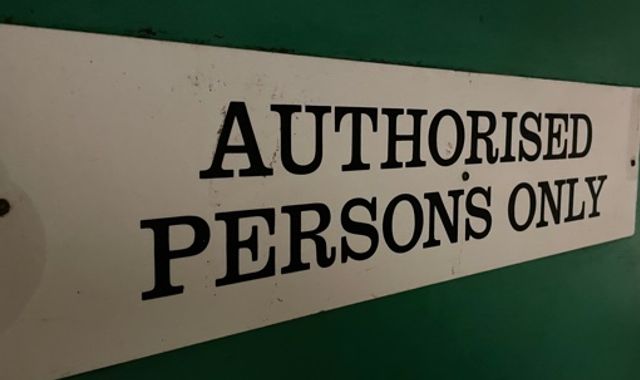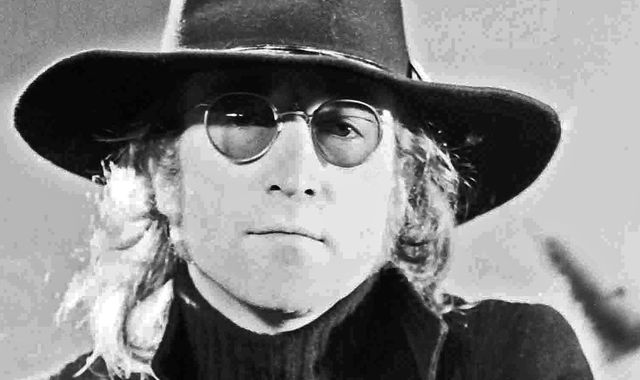Coronavirus: England has reached a tipping point similar to first wave, deputy chief medical officer says
Written by News on 11/10/2020
England has reached a tipping point similar to the first wave of coronavirus but is still in a position to stop history repeating itself, the country’s deputy chief medical officer has said.

Professor Jonathan Van-Tam said the best way to keep transmission low and stop the NHS being overwhelmed was for people with symptoms to self-isolate and get a test, and for people to wash their hands, wear face coverings and maintain social distancing.
He also said that the country now has much better testing capabilities, knows more about the disease, and has better treatments than during the first wave.
It comes as Prime Minister Boris Johnson prepares to gather cabinet ministers for a call on Sunday evening.
Scottish First Minister Nicola Sturgeon has also defended her government’s actions to suppress the virus north of the border, where tougher restrictions have been imposed in Greater Glasgow and Clyde, Lanarkshire, Forth Valley, Lothian and Ayrshire and Arran – affecting more than three million people.
Asked if she had lost control of the virus in Scotland, Ms Sturgeon told Sky News’ Sophy Ridge On Sunday show: “No, absolutely not, we’re working hard to make sure that doesn’t happen.”
She said that while the virus was “spreading a little bit faster”, the number of cases per 100,000 are the lowest in the four nations.
“That is because over the summer we suppressed the virus… That doesn’t mean we can be complacent about it, or not take it very seriously. It shows we were right to do that over the summer and I think we’re right now to act quickly and decisively to try and stop that increase in cases.”
In a statement released on Sunday, Prof Van-Tam said: “In our national fight against COVID-19, we are at a tipping point similar to where we were in March; but we can prevent history repeating itself if we all act now.
“Earlier in the year, we were fighting a semi-invisible disease, about which we had little knowledge, and it seeded in the community at great speed.
“Now we know where it is and how to tackle it – let’s grasp this opportunity and prevent history from repeating itself.”
Prof Van-Tam also warned more deaths are to come after the Office for National Statistics (ONS) showed that an estimated 224,000 people have the virus.
Hospital and intensive care admissions from COVID-19 are rising.
He added: “Winter in the NHS is always a difficult period, and that is why in the first wave our strategy was – ‘contain, delay, research and mitigate’ to push the first wave into spring. This time it is different as we are now are going into the colder, darker winter months. We are in the middle of a severe pandemic and the seasons are against us. Basically, we are running into a headwind.”
Prof Van-Tam said that the R number – the rate at which the virus is spreading from person to person – was well above one in every NHS region in England, suggesting “widespread transmission” across the country – not just the North.
Scientists estimate that the doubling time in the UK for new infections is between eight and 16 days and is even faster in some areas, he said.
The expert added that while during the winter months the NHS will “work their socks off” to help people, there was only so much they can do.
Prof Van-Tam said elective surgeries and non-urgent services, cancer treatment, diagnostic and mental health services needed to keep going for as long as possible, and people need to come forward for that care when they need it.
:: Subscribe to the All Out Politics podcast on Apple Podcasts, Google Podcasts, Spotify, Spreaker
But in order to help the NHS, people need to help keep case numbers down, Prof Van-Tam added.
He said: “If cases rise dramatically the NHS will need to focus more on dealing with the life threatening situations immediately in front of them; this can mean freeing up staff and space by postponing other non-urgent procedures and treatments.
“We need to help the NHS by keeping COVID-19 numbers low; and in turn the NHS will be there for us, our families and loved ones.
“By keeping our contacts low we reduce the number of opportunities for the virus to spread.
“I know this is very hard, but it is an unfortunate scientific fact that the virus thrives on humans making social contact with one another.”
Jonathan Reynolds, shadow work and pensions secretary, told Ridge it “wasn’t inevitable” restrictions would be needed to contain the spread of the virus.
He said further measures were necessary because “the government has lost control of the messaging, they’ve lost control of Test and Trace and they’ve lost control of the virus”.
The Labour MP called on the prime minister to “get a grip” and added that it was crucial fresh lockdowns “come with the economic support”.
Chancellor Rishi Sunak on Friday announced a targeted furlough scheme for the hospitality industry in COVID hotspots – an expansion of the UK-wide Job Support Scheme.
He said workers at businesses forced to close because of stricter lockdown measures will have two-thirds of their salaries paid by the government.
However, leaders of areas in the north of England which are facing tougher restrictions next week under a three-tier lockdown system to be unveiled by Boris Johnson on Monday, have said they can see no justifiable reason why the local furlough scheme should be set at 67%, when the national scheme had been set at 80%.
The UK reported another 15,166 coronavirus cases and a further 81 deaths in the daily update on Saturday.
It marked a rise of 1,302 cases on Friday’s daily figures – when 87 deaths were reported – and means the UK has now recorded 42,760 coronavirus-related deaths.
(c) Sky News 2020: Coronavirus: England has reached a tipping point similar to first wave, deputy chief medical officer says







